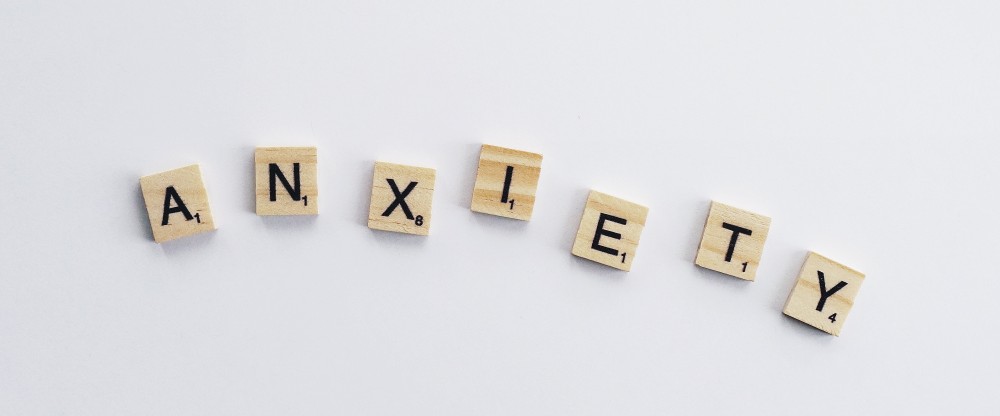
Part 1 of our 4
Generalized Anxiety:
General anxiety is a type of anxiety that shifts and can latch onto anything and everything. People with generalized anxiety often feel tired, they have sleep difficulties, they experience muscle tension, and they have trouble controlling their worries and fears.
Generalized anxiety disorder (or GAD) is marked by excessive, exaggerated anxiety and worry about everyday life events for no obvious reason. People with symptoms of generalized anxiety disorder tend to always expect disaster and can’t stop worrying about health, money, family, work, or school.
Eventually, anxiety can even dominate a person’s thinking so much that they find it hard to do routine things at work or school, socially, and in their relationships.
How Common Is GAD?
Nearly 4 million adult Americans, or about 2%, have GAD during the course of a year. It most often begins in childhood or adolescence but can begin in adulthood. It is more common in women than in men.
What Are the Causes for GAD?
Experts don’t know the exact causes of generalized anxiety disorder. Several things — including genetics, brain chemistry, and environmental stresses — appear to contribute to its development.
How Is GAD Diagnosed?
If you have symptoms of GAD, your doctor will begin an evaluation by asking questions about your medical and psychiatric history
The doctor bases their diagnosis of GAD on reports of how intense and long-lasting the symptoms are, including any problems with daily life caused by the symptoms. The doctor then determines whether the person has a specific anxiety disorder or generalized anxiety disorder.
For someone to be diagnosed with GAD, symptoms must interfere with daily living and be present for more days than not for at least 6 months.
What about treatment or Natural Remedies for GAD?
Treatment for GAD most often includes a combination of medication and cognitive behavioral therapy. Your daily habits can make a difference.
Home remedies. These lifestyle habits also help:
Exercise
A healthy diet
Getting enough sleep
Avoiding caffeine
Avoiding alcohol and other drugs
Meditation
Relaxation techniques such as deep breathing
Talk to your healthcare provider to figure out your diagnosis and the best treatment plan.

